This is a free online event for academics interested in policy engagement, run by Showrunner Communications on 7th September, 13:00-15:00. You can sign up via Eventbrite.
During this session, participants will learn to write for policy stakeholders, including advice on drafting comment articles and blogs, and Select Committee and Government consultation responses.
This session will also focus on building participants’ professional social media profiles and emphasising their expertise online.
Showrunner’s training workshops build the understanding and skills that academics need to effectively achieve policy impact throughout their careers.
This session will be delivered by Nicky Hobbs and Jennifer Harrison, who are communications, policy, and education specialists, in partnership with Showrunner Communications and the Future Leaders Fellows Development Network.
Jennifer Harrison
Jennifer has a distinctive track record within the fields of policy, public affairs, and communications, on behalf of national and local government, the voluntary and community sector, and higher education. Her work has been used by think tanks and policy institutes, directly influenced legislative and policy change, and has represented policy interests at the highest level, including meetings with ministers, in regional and national media, and at parliamentary inquiries.
Jennifer was Durham University’s first policy engagement lead, working with academics to successfully achieve REF and societal impact. This included helping to secure the first ever parliamentary inquiry into urban soil health, securing changes to criminal justice legislation, and campaigning to end irresponsible lending practices that exacerbate poverty. She has been Chair of the Russell Group Political Affairs Network and has contributed widely to thought leadership across the sector, including policy blogs and conference speaking engagements focusing on the nature of policy engagement and research impact.
Nicky Hobbs
Nicky is a communications and engagement leader with over two decades of experience, Nicky has run programmes and led teams for multiple private and public sector organisations.
Nicky has led award-winning communications departments in two Russell Group universities; UCL and Queen Mary and stakeholder engagement at a Government department. At Queen Mary, Nicky led communications for the ground-breaking City of London Institute of Technology which opened in 2022. As a consultant, she has led engagement campaigns for multiple social enterprises and charities and has significant expertise in developing high-impact digital content with a focus on higher and further education.



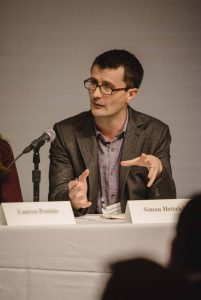
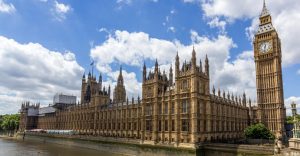
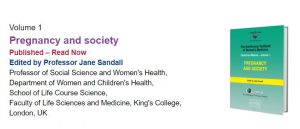
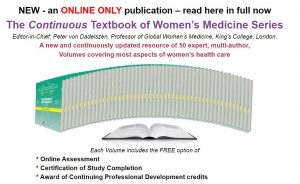
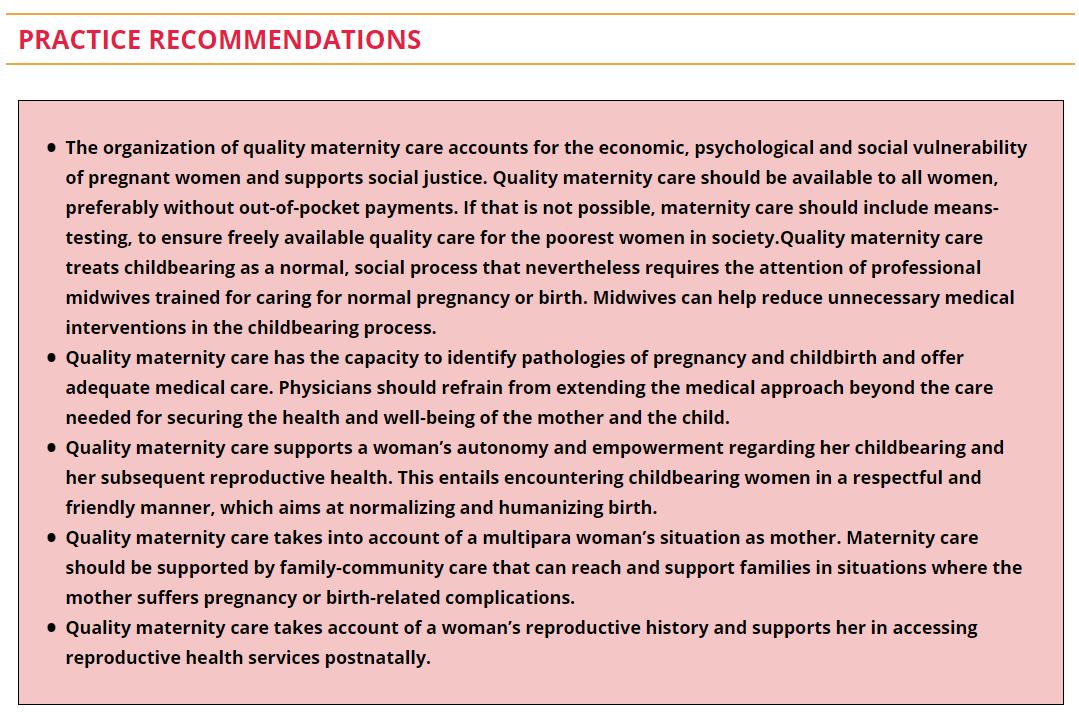











 Upcoming opportunities for PGRs – collaborate externally
Upcoming opportunities for PGRs – collaborate externally BU involved in new MRF dissemination grant
BU involved in new MRF dissemination grant New COVID-19 publication
New COVID-19 publication MSCA Postdoctoral Fellowships 2024
MSCA Postdoctoral Fellowships 2024 Horizon Europe News – December 2023
Horizon Europe News – December 2023